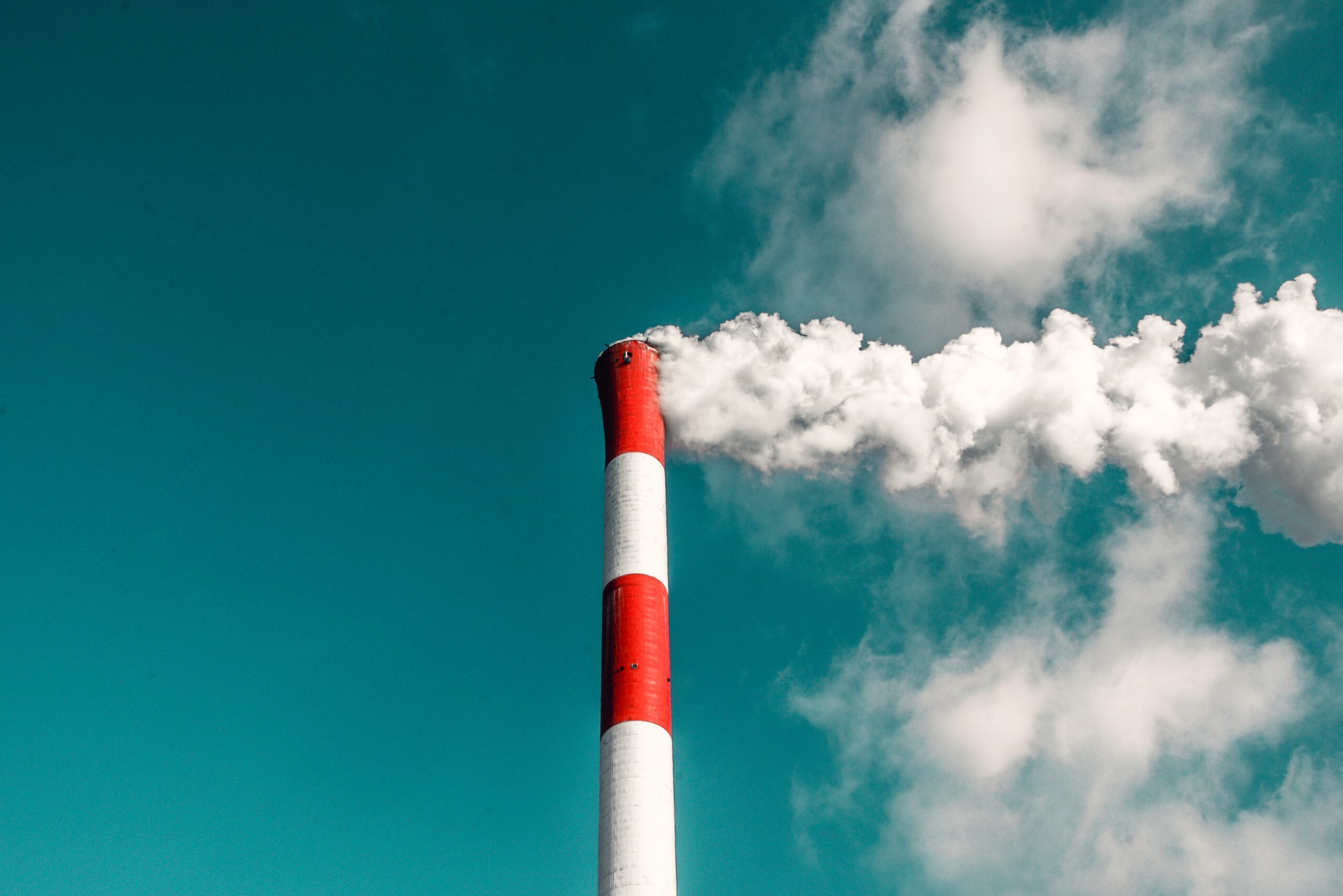A surprising fact has just emerged. Oil reserves in Indonesia are estimated to only last up to 9 years. This was revealed by the National Energy Council (DEN). This estimate emerged by considering oil reserves which only reached 4.2 billion barrels.
Meanwhile, for gas, Indonesia has reserves of 62.4 trillion cubic feet (TCF). With this amount, the age of Indonesia’s gas reserves can last up to 18 years.
“The age of oil reserves is 9 years, if gas is 62.4 trillion cubic feet (TCF) it is up to 18 years,” he said Tuesday (20/7/2022).
As for coal reserves, Indonesia has around 38.8 billion tons, and the age of coal reserves is at least still able to last for the next 69 years. However, this calculation assumes no new resource discoveries.
Secretary of the Special Task Force for Upstream Oil and Gas Business Activities (SKK Migas) Taslim Yunus previously said the decline in oil reserves had occurred from 1996 until now.
“Oil reserves have decreased since ’96 until now, so this has resulted in our oil production which has continued to decline from ’96 until now,” he was quoted as saying Monday (19/04/2021).
Based on data from the BP Statistical Review, Indonesia’s proven oil reserves have even continued to decline since 1991. Before 1991, Indonesia’s proven oil reserves were still around 9 billion barrels.
But in 1991 it was only 5.9 billion barrels, then in 1994 it was 5 billion barrels, in 2002 it fell again to around 4.7 billion barrels.
In 2011 the reserves continued to decline to only 3.7 billion barrels, and in 2019 there were only around 2.5 billion barrels. Therefore, according to Taslim, so that Indonesia can continue to produce oil in the future, exploration is needed which requires a large investment. Meanwhile, since 2014, investment in exploration has also continued to decline, according to him.
“We see that investment, especially exploration, has fallen sharply since 2014 until now,” he said.
Seeing these conditions, breakthroughs are needed so that investment can continue to be increased and can generate new reserves.
This is because of the 128 sedimentary basins in the country, only 20 have been produced and 70 have not been explored. In terms of potential, according to him, national oil reserves will still be large if this unexplored basin begins to be worked on.























